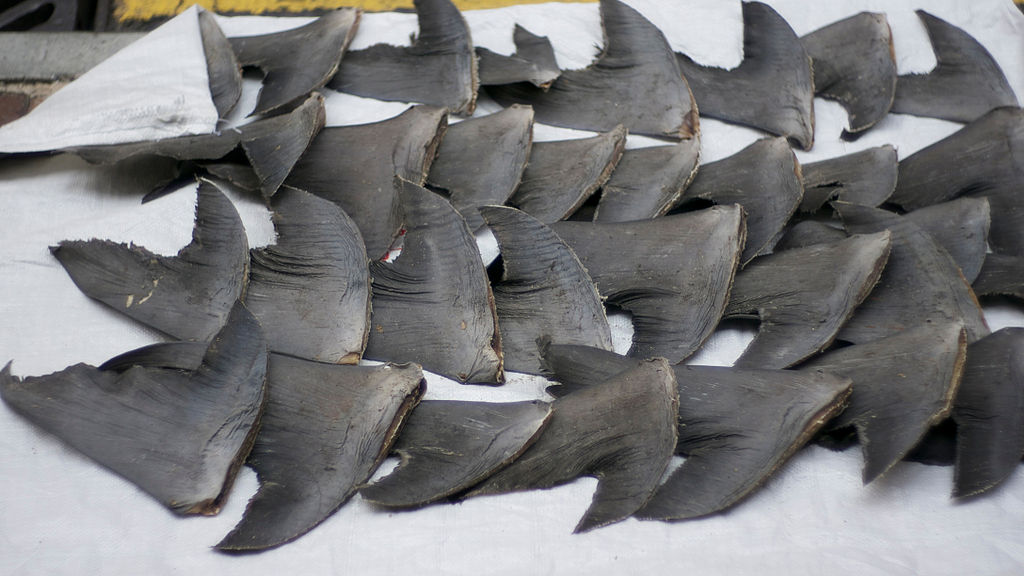News release
From:
Comment - Assigning shark fin origin using Species Distribution Models needs a reality check
Fishing has taken a major toll on the world’s shark populations, in part driven by demand for shark fins. A recent study published in Biology Letters used species distribution models and data from shark fin markets to estimate the nations making the largest contributions to the shark fin trade. However, we show that this study used erroneous baseline data and made inappropriate assumptions about the distribution of fishing. This led to incorrect conclusions about which nations contribute the most to the shark fin trade. Ensuring research passes a reality check means that it can direct management responses appropriately.



 Australia; NSW; QLD; WA
Australia; NSW; QLD; WA



